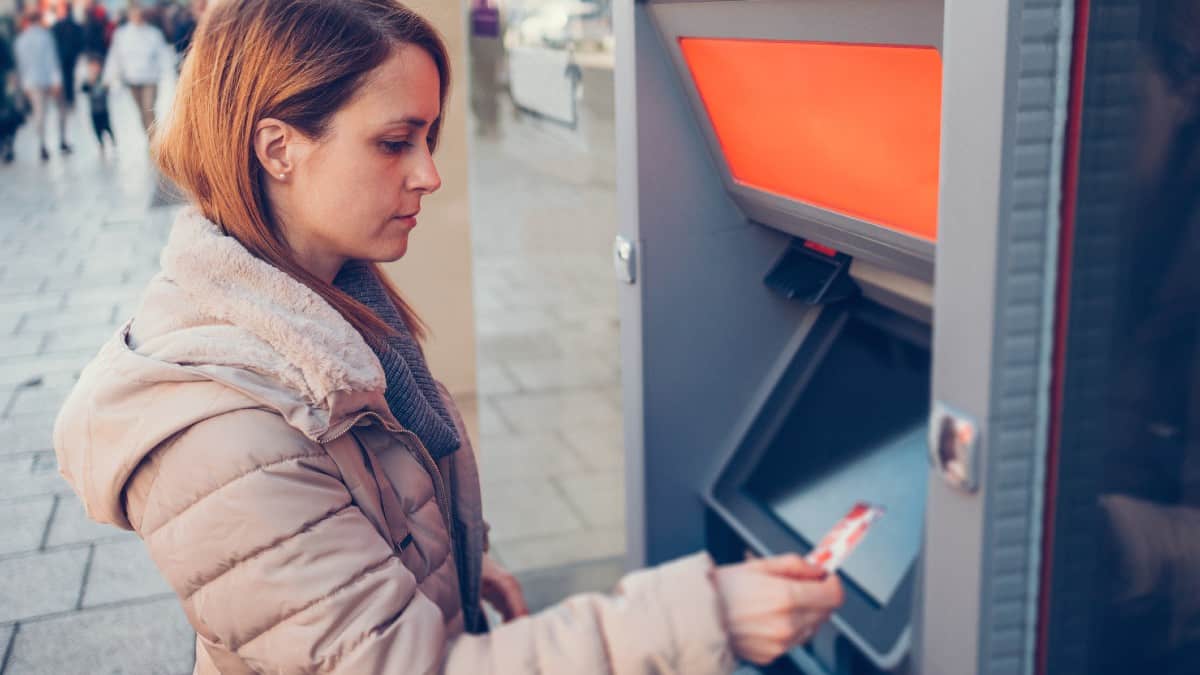The HSBC (LSE:HSBA) share price reacted positively this week following the publication of the bank’s 2022 results. It closed 4% up on the day, and is now 25% higher than it was at the start of this year.
But, the bank’s annual report runs to 432 pages and contains nearly 320,000 words. How am I to interpret all of this information?
The important bits
The first thing I did was pick out the key numbers. Then, I checked to see if they are moving in the right direction.
Should you invest £1,000 in Lloyds Banking Group right now?
When investing expert Mark Rogers has a stock tip, it can pay to listen. After all, the flagship Motley Fool Share Advisor newsletter he has run for nearly a decade has provided thousands of paying members with top stock recommendations from the UK and US markets. And right now, Mark thinks there are 6 standout stocks that investors should consider buying. Want to see if Lloyds Banking Group made the list?
Sales and profit are usually a good starting point. But, they can be affected by exceptional items. Although HSBC’s headline profit before tax is down 7%, this includes a one-off cost of $2.378bn following the board’s decision to exit the French market.
If this is excluded, the profit for 2022 would be $19.906bn, an increase of 5% compared to 2021.
| Measure | 2021 ($bn) | 2022 ($bn) | Change (%) |
| Revenue | 49.552 | 51.727 | +4 |
| Operating expenses and impairment charges | 30.646 | 34.199 | -12 |
| Profit before tax | 18.906 | 17.528 | -7 |
| Profit before tax (excluding 2022 exceptional item) | 18.906 | 19.906 | +5 |
Other numbers
Next, I looked for financial information relevant to the industry. Banks have two key measures that reflect their earnings.
The net interest margin (NIM) measures the difference between the interest charged on loans and that paid on deposits. During a period of global interest rate rises, HSBC’s NIM should be increasing. Indeed, it has gone up from 1.20% in 2021 to 1.48% in 2022. This might not sound like a lot, but with over $2trn of interest-earning assets, a small change can make a big difference.
Another good guide to performance is the return on capital employed (ROCE). HSBC refers to this as the return on tangible equity, but it is the same thing. The bank had a ROCE of 9.9% in 2022 — a dramatic turnaround from 2020, when it fell to 3.1%. The bank is hoping to achieve a return of 12% in 2023.
| Bank-specific measures | 2021 (%) | 2022 (%) |
| Net interest margin | 1.20 | 1.48 |
| Return on capital employed | 8.30 | 9.90 |
Bad loans
When reviewing banks, I also consider the quality of their loan books. If the directors believe that the risk of bad loans is increasing, they book an impairment charge (cost) in the accounts. If the position is improving, a credit (income) is recorded.
Of concern to me is that HSBC has increased its bad debt provision during each of the past five quarters. This is something to keep an eye on.
| Impairment ($m) | Q1 2021 | Q2 2021 | Q3 2021 | Q4 2021 | Q1 2022 | Q2 2022 | Q3 2022 | Q4 2022 |
| (Charge)/Credit | 435 | 284 | 659 | (450) | (642) | (448) | (1,075) | (1,427) |
Benchmarking
Finally, I like to compare the performance of one bank with another. However, it’s not always possible to compare like with like. Fortunately, Standard Chartered also released its 2022 results this week. Both banks rely on Asia and the Middle East for the majority of their income and earnings, making for a meaningful comparison.
Standard Chartered recorded a 10% increase in revenue and a 13% increase in profit before tax — better than its larger rival. However, both its NIM and ROCE were lower, at 1.41% and 8.0%.
Also, HSBC’s dividend yield is twice that of its rival. And, there’s a promise of an additional payout once its Canadian business is sold.
So, what have I concluded after wading through hundreds of pages of financial information produced by these two banks?
Personally, I think HSBC would make the better long-term investment. An economic recovery in Asia is likely to drive its share price higher. But, I’m not going to invest at the moment. I’ve enough exposure to the banking sector through my shareholding in Lloyds Bank.








